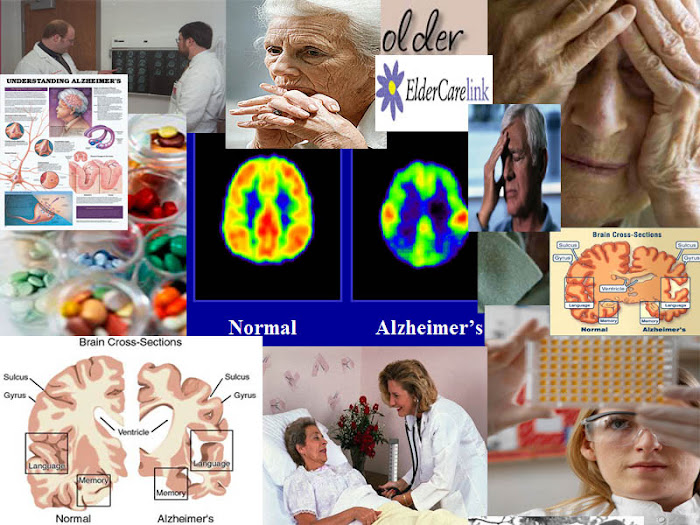Sometime last week during the final elective of the day Mrs.Savito pulled me from class and I finally met with Mrs.Peck about my internship!
I was happy to learn that my requests for completing my intern at a nursing home was granted and I would be interning at Cranberry Place.
I believe Mrs.Peck said it was located near Oakland, I am very excited about this because I will get the opportunity to work with elders and I can possibly use that information towards my graduation project.
She noted that there were two other students in my class that were currently completing there interns at Craberry Place, and that if I had any overall questions I was encouraged to ask them. Mrs.Peck also noted that I was going to be focusing more with the elders, unlike my classmates who are on a roatating schdule and move to various sections of the building.
I am very anxious to get started, I just emailed Mrs.Peck my resume like she asked and I am looking forward to meeting my mentor and become the BEST intern they have ever had.
:) :) :) (: (: (:
Subscribe to:
Post Comments (Atom)
Key Terms
- 1. Warning Signs: There are 10 classic warning signs of Alzheimer's disease, which include: memory loss, Difficulty performing familiar tasks, problems with language, disorientation to time and place, poor or decreased judgment, problems with obstract thinking, misplacing things, changes in mood or behavior, changes in personality, and loss of initiative.
- 2. Targeted Victims: Most patients with Alzheimer's disease are over 65 years of age.
- 3. Research: Researchers have learned most of what they know about Alzheimer's disease in the past 15 years. Researchers are looking for new treatments to alter the course of the disease and improve the life of the people with dementia. Healh professionals divide symptoms in "Congative, Behavioral and mental" this will help detemine which treatment is best to use in the different cases.
- 4. Counseling: Caring for the caregiver is an essential element of managing the patient with Alzheimer's disease. Caregiving is a distressing expeirence. On the other hand, caregiver education delays nursing home placement of Alzheimer's disease patients. (The three(3) R's: "Repeat, Reassure, and Redirect.") These can help caregivers reduse troublesome behaviors and limit the use of medications.
- 5. Treatment: There is no cure for Alzheimer's disease but there are drug and non-drug treatments that can help with both "Cognitive" and behavioral symptoms.
- 6. Alzheimer’s Disease: Is a brain disease that destroys brain cells which causes problems with memory, thinking and behavior. It is sever enough to affect work, lifelong hobbies, or social life. It gets worst over time, and is fatal. It is the sixth-leading cause of death in the United States.
Helpful Links
- Alzheimer's Association
- Alzheimer's Disease Research
- Alzheimers association:AD Facts & Figures
- Class Blog Center
- HelpGuide: Caregivers Guide
- HelpGuide: What Care Givers Need
- Knowing The Stages of Alzheimers
- Making the Diagnosis
- Managing Alzheimer's with Combination Care
- MedicineNet: Symptoms,Diagnosis,& Treatment (AD)
- Namenda: AD and Its Effects on The Brain
- Namenda: Symptoms & Stages
- National Institute of Aging
- Stages of Alzheimers
- WebMD
- What is Alzheimers
- wikipedia: AD Caregiving and Dementia
- Wikipedia:AD

Courtney,
ReplyDeleteI'm enjoying reading your postings, and I'm really glad you are excited about your internship. I hope the experience turns out to be all you expect and hope for!
- Mrs. Savido